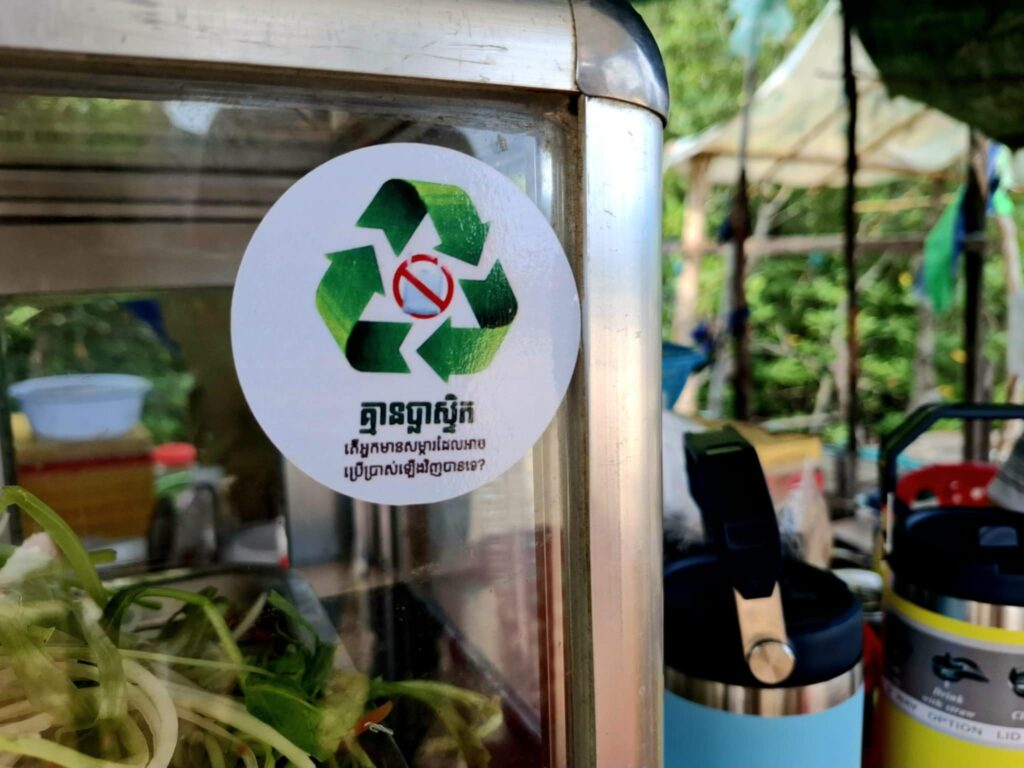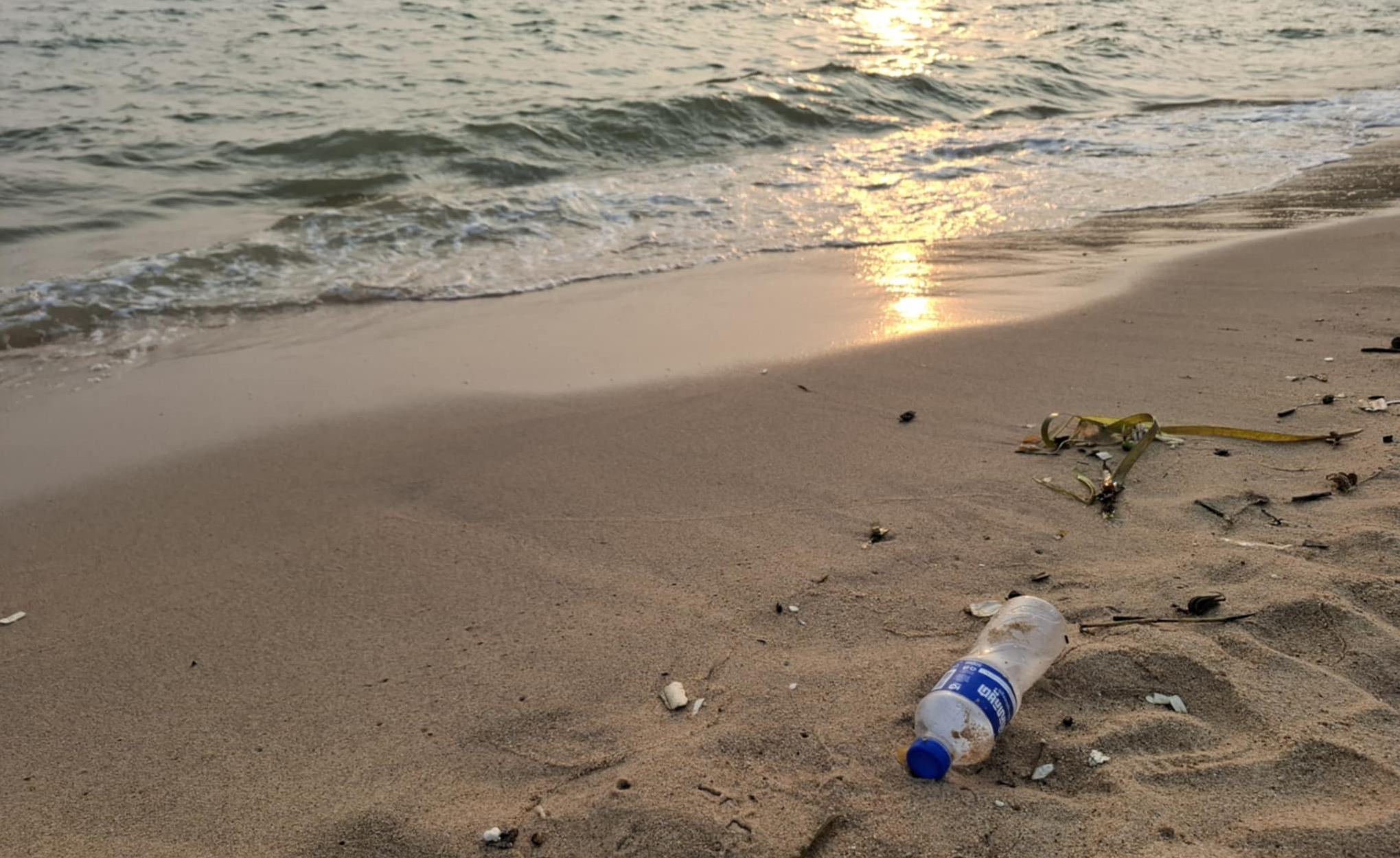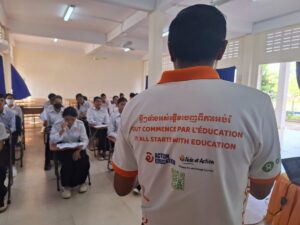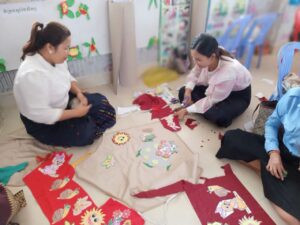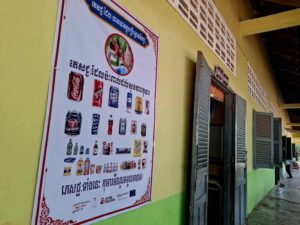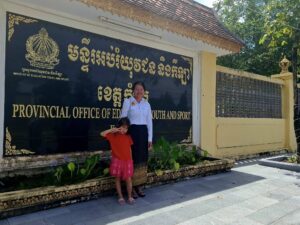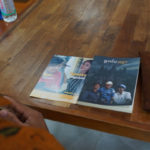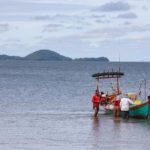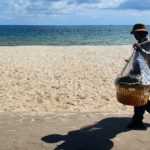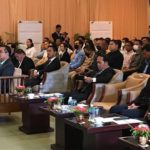This year, World Environment Day is themed “Ending Plastic Pollution.” As this global crisis continues to affect oceans, wildlife, and ecosystems, Action Education / Aide et Action (AEA) in Cambodia is celebrating the vital role of coastal communities.
Along the coast, where mangroves shelter villages and fishing boats move with the tides, change is underway — and it is being led by local people. These coastlines are as vital as they are vulnerable. Ecosystems are lifelines for nearby communities — yet they face growing threats from one of the world’s most persistent environmental challenges: plastic pollution.
Every day, plastic waste washes up on Cambodia’s beaches, clogs its waterways, and entangles marine life. It infiltrates mangrove forests, harming biodiversity and weakening the natural defences that protect communities from erosion and flooding.
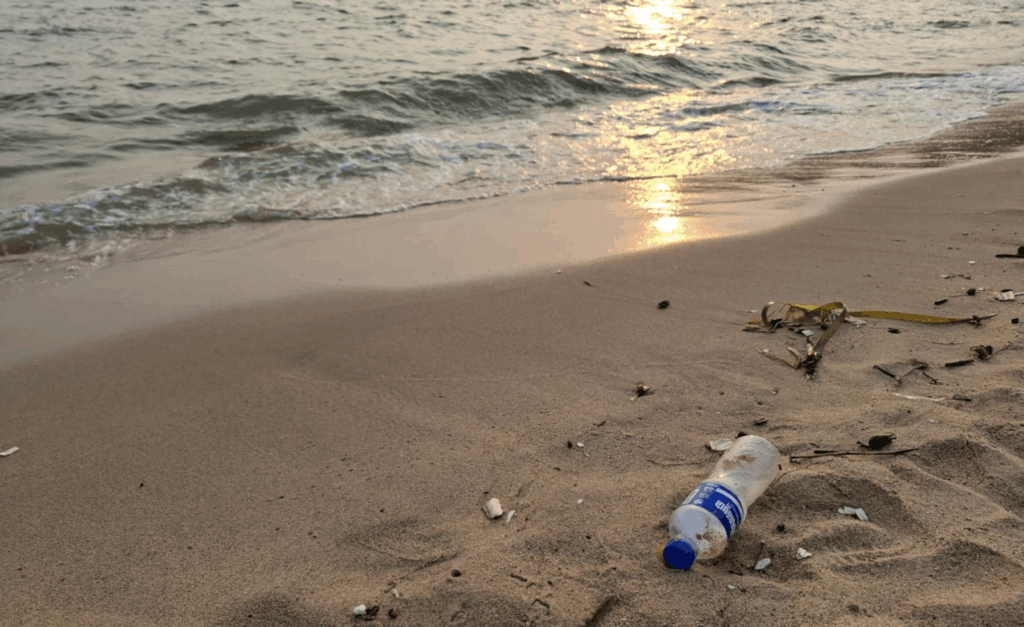
Plastic pollution is a global crisis, but its burdens fall unequally—since the mid-20th century, wealthy nations in the Global North have mass-produced and exported plastic waste, while communities in the Global South are left to face the consequences of a problem they did not create with limited resources.
And this injustice is more than an environmental problem. It’s a social and economic one. It threatens livelihoods, tourism, food security, and public health. That’s why solving the plastic crisis isn’t just about new technologies, regulations, or top-down policies—it’s about empowering those most affected to lead the solutions.
Education & Livelihoods at the Heart of Community Empowerment
Educate. Empower. Thrive.
At AEA, we know: education sparks action. Our programmes start in schools but reach far beyond the classroom. Children learn about plastic, its environmental and socio-economic impacts, and the steps they can take — and then, they take action. Students grow vegetables in school greenhouses, join beach clean-ups and, plant mangroves to restore natural buffers damaged by pollution.
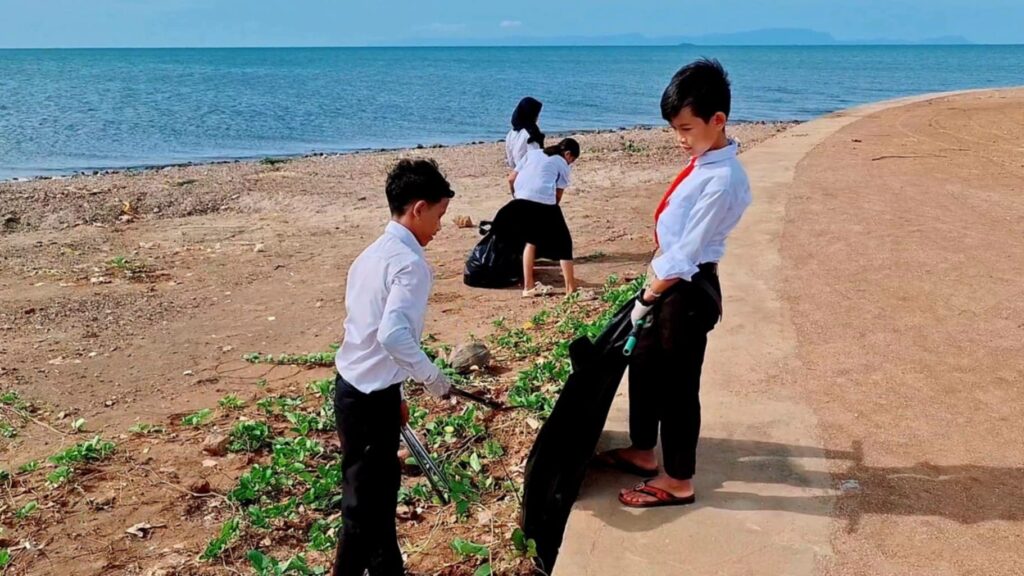
Youth are a powerful force for change. From T-shirt campaigns featuring endangered marine species to hands-on reforestation efforts, young people are inspiring awareness and pride in Cambodia’s natural heritage — in schools and beyond. They’re not just future leaders. They’re driving change right now.
For many of their families, plastic pollution threatens the very beauty that attracts tourists to their coastal regions. But with the right training and skills, coastal communities are learning to lead the way towards a cleaner, greener tourism industry — one that respects and protects the environment.
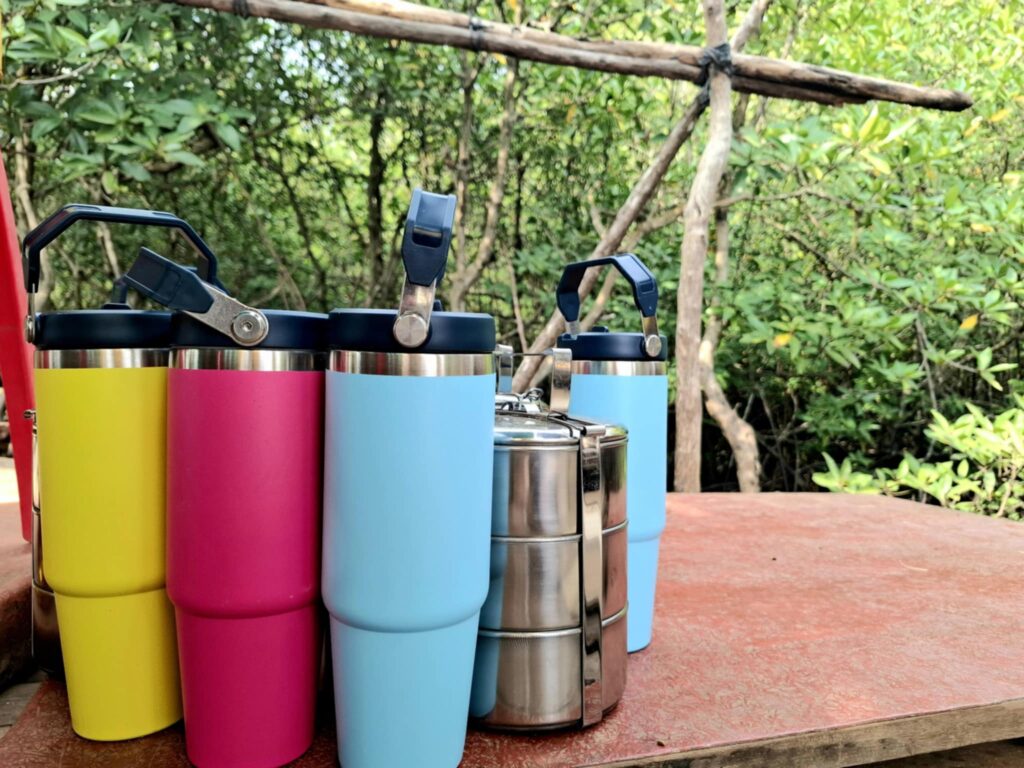
Small businesses are equipped with reusable containers, along with stickers and posters to help them advocate for preserving the natural beauty of their beaches and mangrove forests.
A Plastic-Free Coastline Starts with People
This year’s theme reminds us that to end plastic pollution, we must start where the impact is greatest — at the community level. Local people are not just witnesses to environmental degradation; they are innovators, protectors, and changemakers.
- When communities are empowered, coasts are cleaner.
- When young people are educated, habits shift.
- When livelihoods align with sustainability, resilience grows.
This World Environment Day 2025, let’s reaffirm our commitment to support and stand with coastal communities in building a plastic-free, clean Cambodia — where communities thrive and nature heals.
Because real change starts at the grassroots. And it’s already underway.
